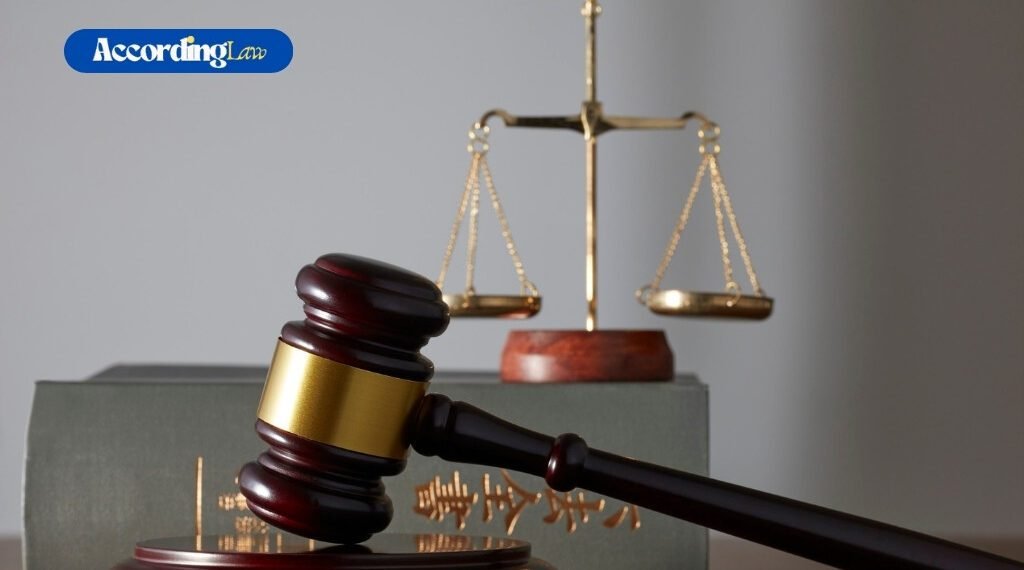Houston, a vibrant city known for its cultural diversity and thriving economy, often faces the destructive force of hurricanes during peak storm seasons. These storms can devastate homes, businesses, and lives, leaving behind a trail of destruction that requires careful, strategic action to rebuild. While the physical recovery process can be daunting, understanding the legal steps to take is essential for ensuring a smoother transition.
From assessing and documenting damage to navigating complex insurance claims, there are numerous actions you must take to protect your property and secure the compensation you’re entitled to. With the right guidance, you can avoid costly mistakes and expedite the recovery process. In situations where disputes arise or policies become difficult to navigate, a hurricane damage lawyer can provide invaluable assistance, helping you understand your rights and pursue the fair resolution you deserve. Taking timely and informed legal steps can significantly ease the burden of rebuilding after a hurricane.
Table of Contents
Assess and Document Damage
The first step is to assess the damage. Start by inspecting the property to determine the affected areas. Take photos and videos to document the level of damage. Having detailed records will provide you with the evidence needed to resolve an insurance claim or potential lawsuit. Make sure to take photos from different angles to show the structural and personal property damage.
Contact Your Insurance Provider
Take images of the damage and then call your insurance company right away. Filing a report is the first step in the claims process. Have your policy number and all documents related to your claim ready before this interaction. Be direct and provide as much detail as you can about the damage. Document all communication with the insurance company with names, dates, and a summary of the conversation.
Understand Your Insurance Policy
It is important to know the details of your insurance policy. Each policy has different cover, excesses, and exclusions. Go through the document and understand what is included and excluded. This will help you set realistic expectations and prepare you for negotiations with the insurance adjuster.
Engage a Public Adjuster
If required, hire a public adjuster. These professionals serve as advocates while navigating the claims process. They carry out an independent evaluation of damages and deal with the insurance companies for you. The lawyers of these companies might be able to get you a much better settlement. You should look for a reputable adjuster with a good track record.
Seek Legal Advice
Seek legal advice if needed. A lawyer with experience handling insurance claims or property damage cases can help you understand policy language and recommend the best course of action in case of a dispute. A lawyer can protect your rights and help you reach a fair resolution.
File a Claim Promptly
The most important aspect here is filing the insurance claim as soon as possible. Delays can lead to complexities or even denial. You should submit all necessary paperwork, including documents for ownership, as well as any evidence of your damages. Explain every loss and keep copies of the submitted documentation. The resolution of the claim depends on timeliness and thoroughness.
Keep Track of Expenses
Track all costs throughout the repair and recovery process. This includes the costs of repairs, temporary housing, and more. These records will corroborate your claims and help you calculate fair compensation. An organized record will make your claims process smoother and help you avoid disputes regarding compensation.
Communicate Effectively
Communication is crucial throughout the recovery process. Keep communication open with the insurance company, contractors, and lawyers. Follow up on all requests promptly and continually check on the claim. Great communication can make this process quicker and help you avoid misunderstandings.
Consider Mediation or Arbitration
Should there be any disputes with the insurance company, mediation and arbitration offer alternatives to litigation. These approaches can help you resolve disputes faster and more economically. Each side presents its case through a neutral third party, who facilitates conversation and encourages all parties to collaborate. Most of the time, this leads both parties toward an agreeable settlement without having to go through tedious processes in a court of law.
Conclusion
There are several important legal steps that must be taken to recover from hurricane damage. The issue can be dealt with effectively through damage assessment, awareness of insurance policies, and legal assistance. Awareness and action will ensure a smoother recovery from hurricane damage.


